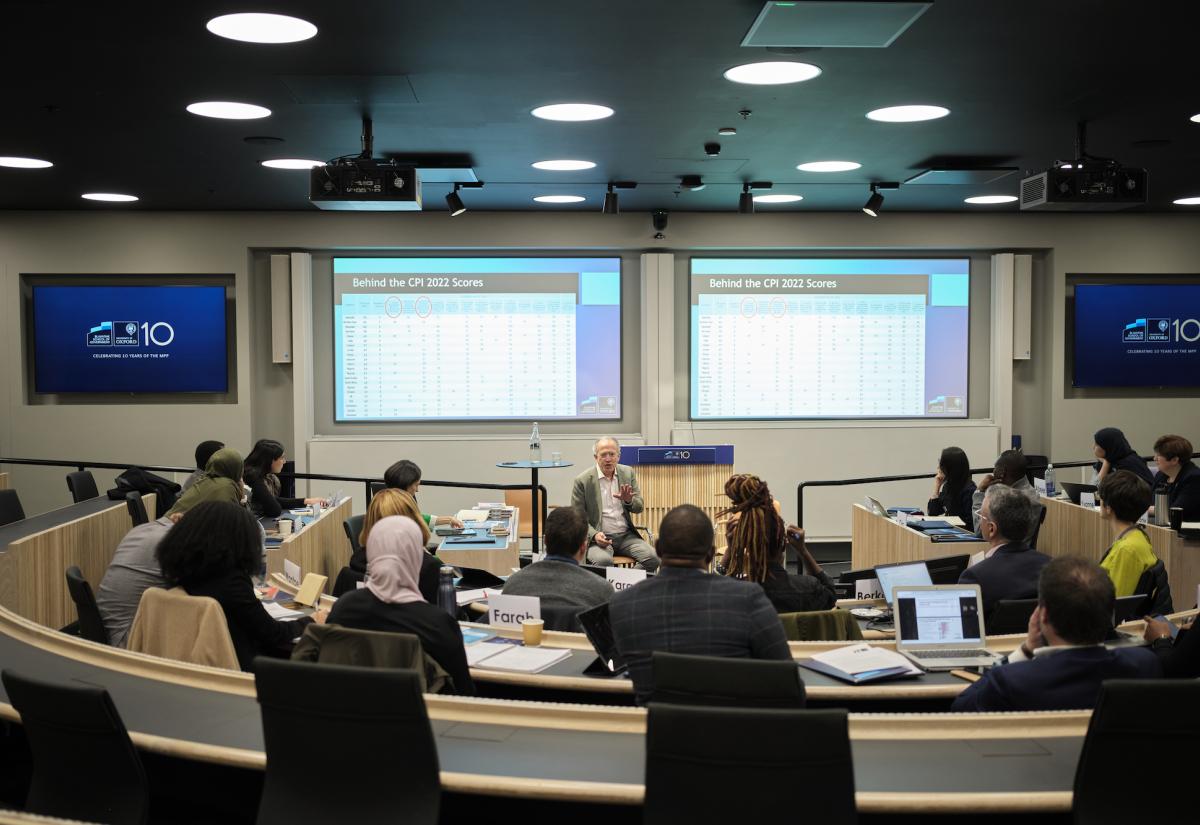Breadcrumb
Izabela Corrêa is a Research Collaborator at the Blavatnik School of Government. She was previously the Postdoctoral Research Associate for the Chandler Sessions on Integrity and Corruption.
She has been dedicated to the themes of integrity and anti-corruption academically and as a practitioner for over fifteen years. She has served in the Brazilian Central Bank (2017–21), including as senior advisor on anti-money laundering, and in the Brazilian Office of the Comptroller General (2007–12), where she led a team of public officials that oversaw the development and implementation of high-impact transparency and integrity policies, and the Brazilian Central Bank. She was recently named and will serve as the new Secretary for Public Integrity at the Brazilian Office of the Comptroller General. She is a member of the Chandler Sessions and the managing editor of its paper series (2021-24).
She holds a PhD in Government from the London School of Economics and Political Science (2017) and a master’s degree in political science from the Federal University of Minas Gerais (UFMG) in Brazil. Her current research focuses on institutional integrity and on bureaucratic responses to democratic backsliding.




